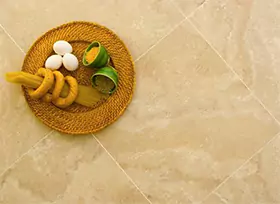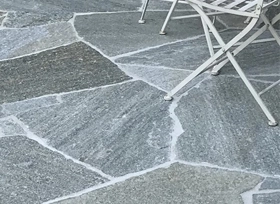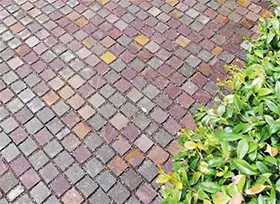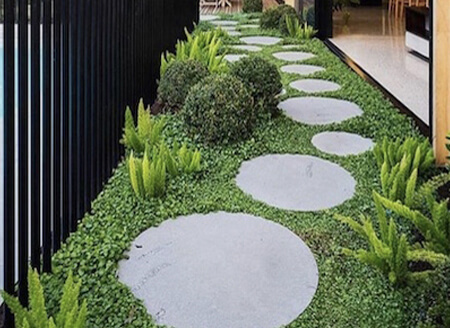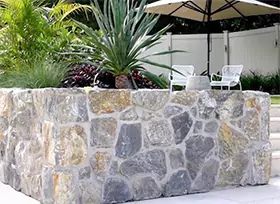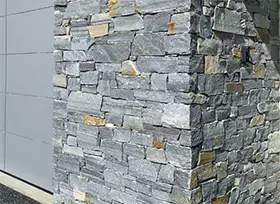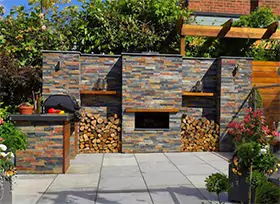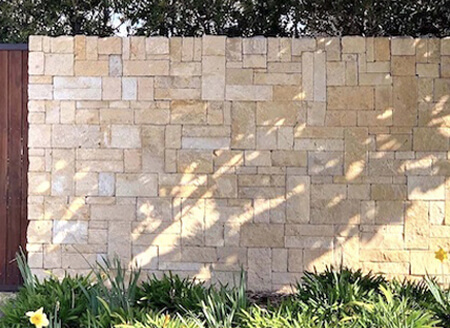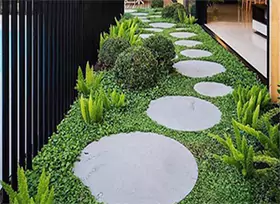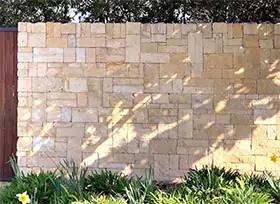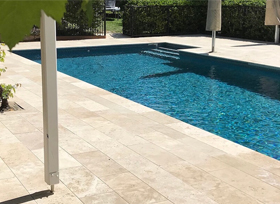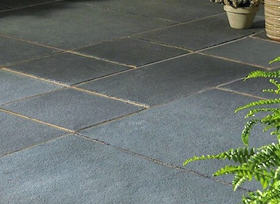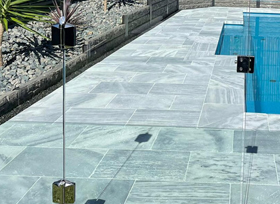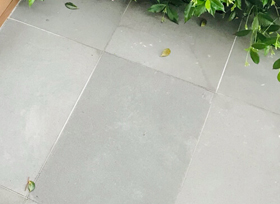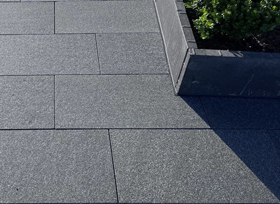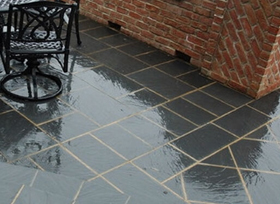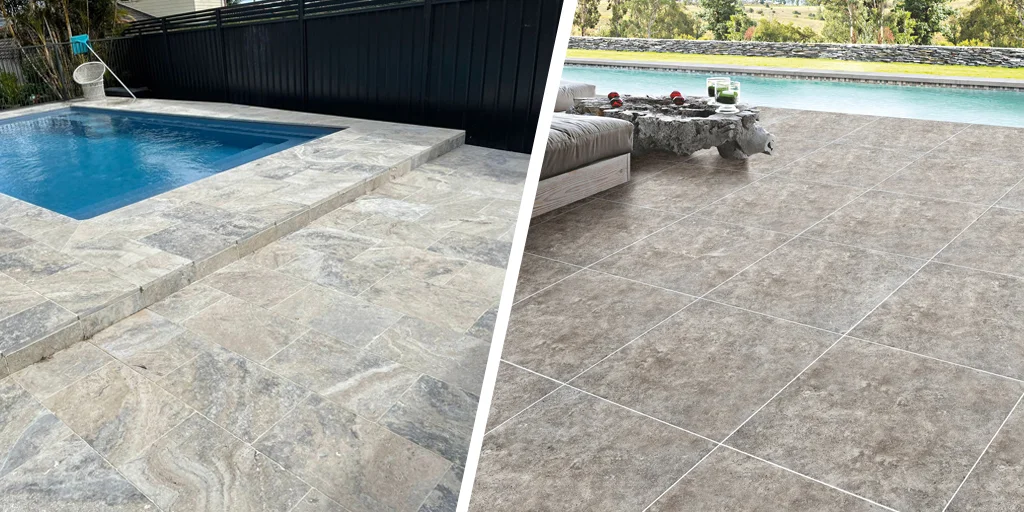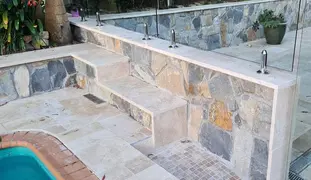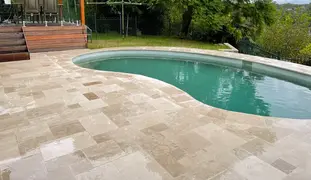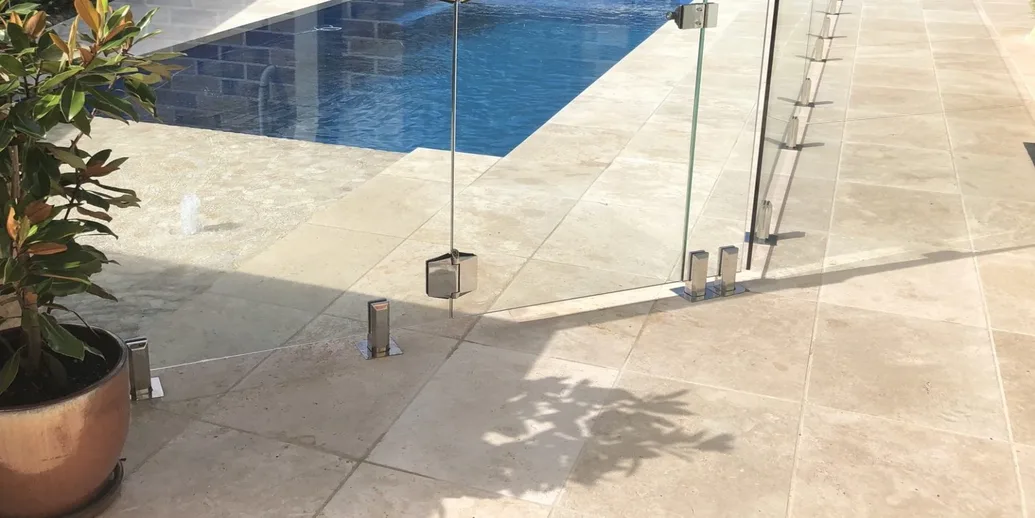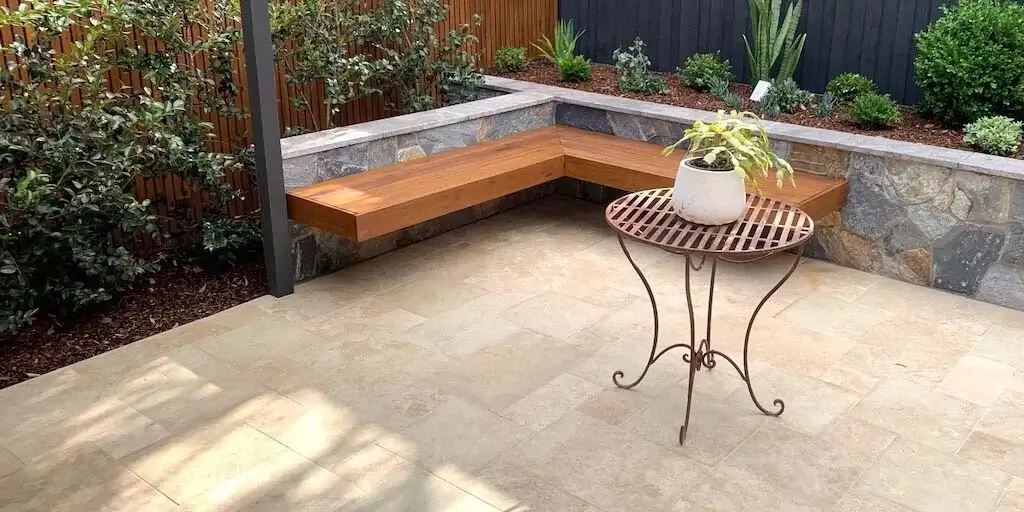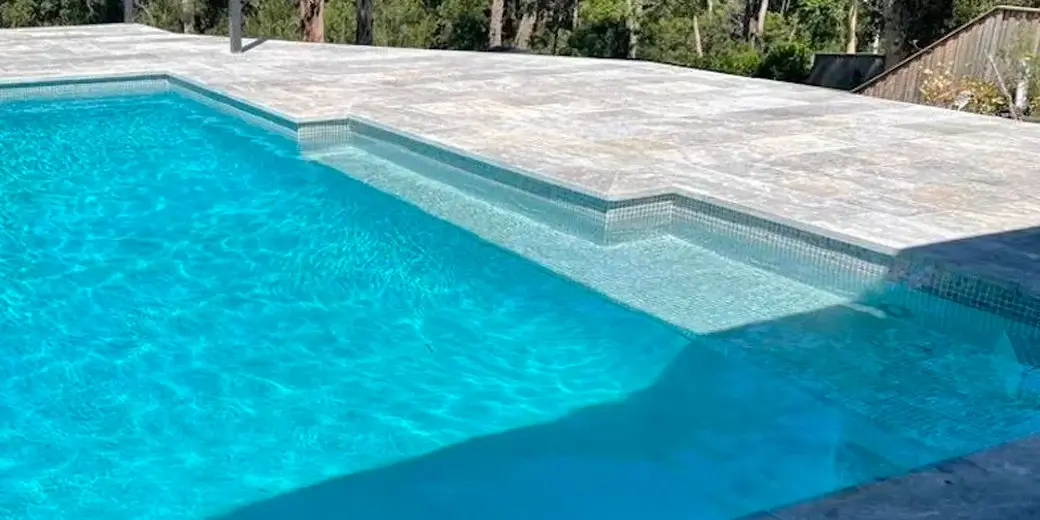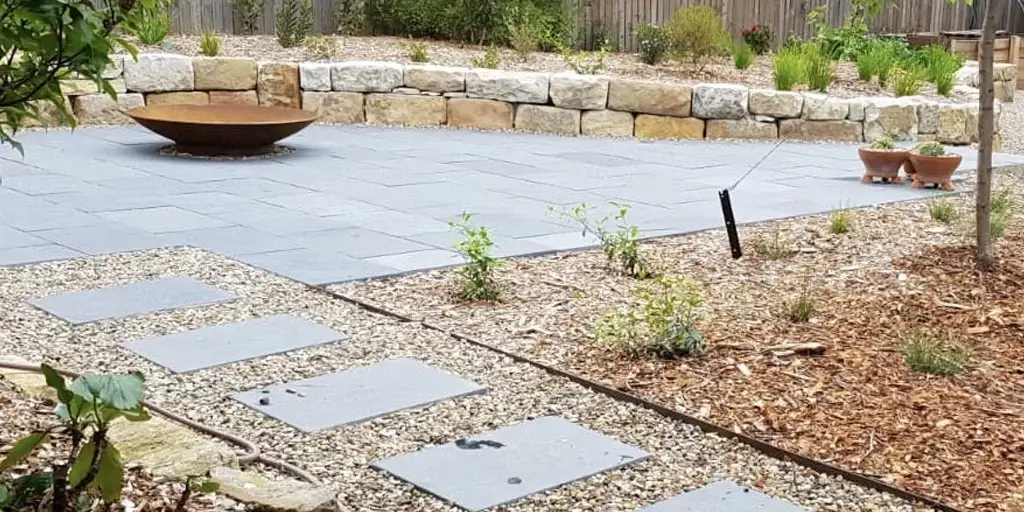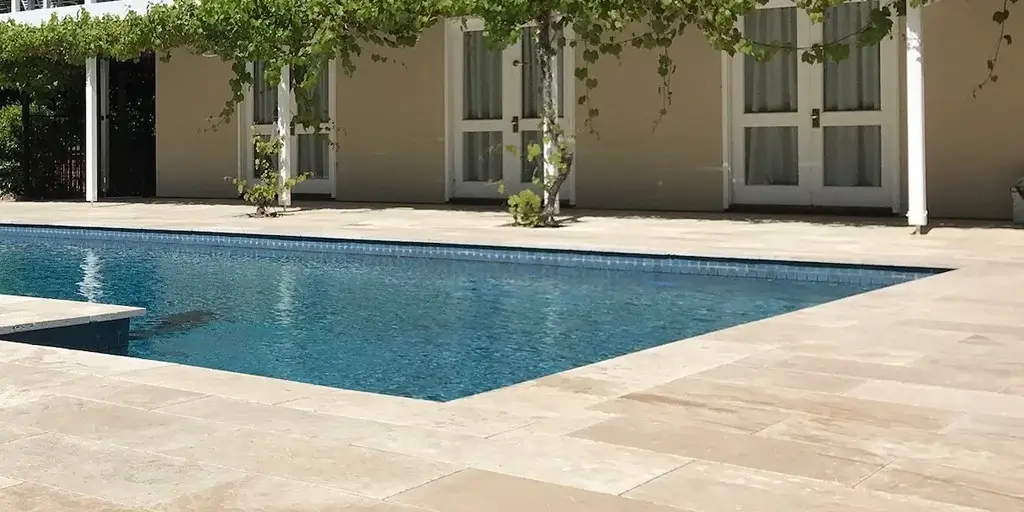Travertine and Porcelain both offer distinctive advantages and share a few similarities as well. Comparing the difference between the two will perhaps help you make the right choice.
Before starting the comparison, let us highlight the origin of the stones which itself makes for a point of differentiation. Travertine is a natural stone composed mainly of calcite, whereas Porcelain is a kind of ceramic stone kilned at high temperatures. Here are the factors of comparison to help you choose between the two classy-looking stones:
Appearance
Travertine tiles and pavers are available in soft creamy shades with patterns through its surface. Their splendor cannot be denied. The holes in Travertine give the stone a natural and rustic look. The stone is available in a lot of finishes that cater to the look you want to achieve. For example, Honed Finish Travertine with a matte appearance gives a modern look while Unfilled Travertine with holes on its surface, gives a classic look.
Porcelain is available in a little more variety of colours. It is designed to mimic other materials including hardwood and stone. The stone comes in almost every colour which allows you to experiment with your design.
There is no right or wrong when choosing between these stones. This depends on your choice. Obviously, you would pick what looks the best for your property and what you want the floors to look like.
Durability
The longevity of floors is one of the most important considerations when purchasing a stone. Remember, Travertine is a sedimentary rock formed under extreme pressure and temperature over millions of years? This naturally makes Travertine stones durable. However, they may crack or stain over time. The pores on their surface make them susceptible to water damage.
Porcelain is a manufactured stone and is extremely dense. Being completely sealed, it is impervious to water and would never get damaged or weak due to moisture. They are more durable than Travertine pavers, but their brittleness makes them prone to chipping, cracking, or scratching over time. Dropping a heavy object on the Porcelain floor might result in cracking or chipping.
Porcelain Pavers are the winner in terms of durability due to their water resistance, density, and better resistance to breaking.
Areas of Usage
Though Travertine is not as hard as Granite, it is durable enough to withstand daily wear & tear. Therefore, Travertine Pavers is a popular choice in residential projects for outdoor spaces but only after it has been sealed and waterproofed. Additionally, Travertine floors feel soft underfoot, making them a good choice for pool surrounds and indoor floors.
Porcelain is completely water-resistant and tougher than Travertine. Porcelain Pavers are popularly used in residential as well as commercial projects. However, they feel hard underfoot, especially if you spend a long time standing.
Lifespan
A lot of hard work and expenses are associated with changing flooring, especially for homeowners who invest in flooring for a long time. This makes us ponder if all floors last forever. Sadly, none. Yet this doesn't mean Travertine or Porcelain is bad. The durable stones can last a century. The average life span of Porcelain pavers would be 80 to 100 years with maintenance. Travertine pavers can retain their beauty for more than a century if properly cared for. Typically, Travertine has a longer lifespan and scores a point over Porcelain pavers.
Maintenance
Travertine being a natural stone is porous and needs sealing. It is advisable to seal the stone annually to maintain its shine and keep the surface protected. Cleaning Travertine is not an arduous task either. Just keep in mind to use mild or pH-neutral cleaners for cleaning your Travertine Pavers. Deep cleaning might pose a problem due to its porosity and quick staining.
Porcelain is an engineered stone made from ceramic clay. Hence it is hardly porous and rarely stains or absorbs water. Though it does not require sealing, it is still advised to seal it for long life. Only occasional sweeping or cleaning helps with the upkeep of Porcelain Pavers.
Porcelain earns a brownie point in terms of maintenance as you'd not have to worry about moisture staining it.
Damage Repair
Though both the stones are durable, they may eventually crack or chip. The ability to repair the damage will help you save money, time, and the look of your floor.
You can use epoxy to repair a damaged or cracked Travertine stone. However, Porcelain cannot be repaired which means you have to replace the damaged stone. Travertine is a clear winner in this case.
In Conclusion
Travertine and Porcelain both are popular stones used in almost every construction or renovation project. While Travertine is a natural and classy looking stone, Porcelain is a manufactured stone that can be made to look like other materials.
We hope this article helps you evaluate both the stones and pick the best one for your project as per your need.
*Disclaimer: All information and advice given above in the blog are to the best of our knowledge. Please reconfirm at your end before execution.




